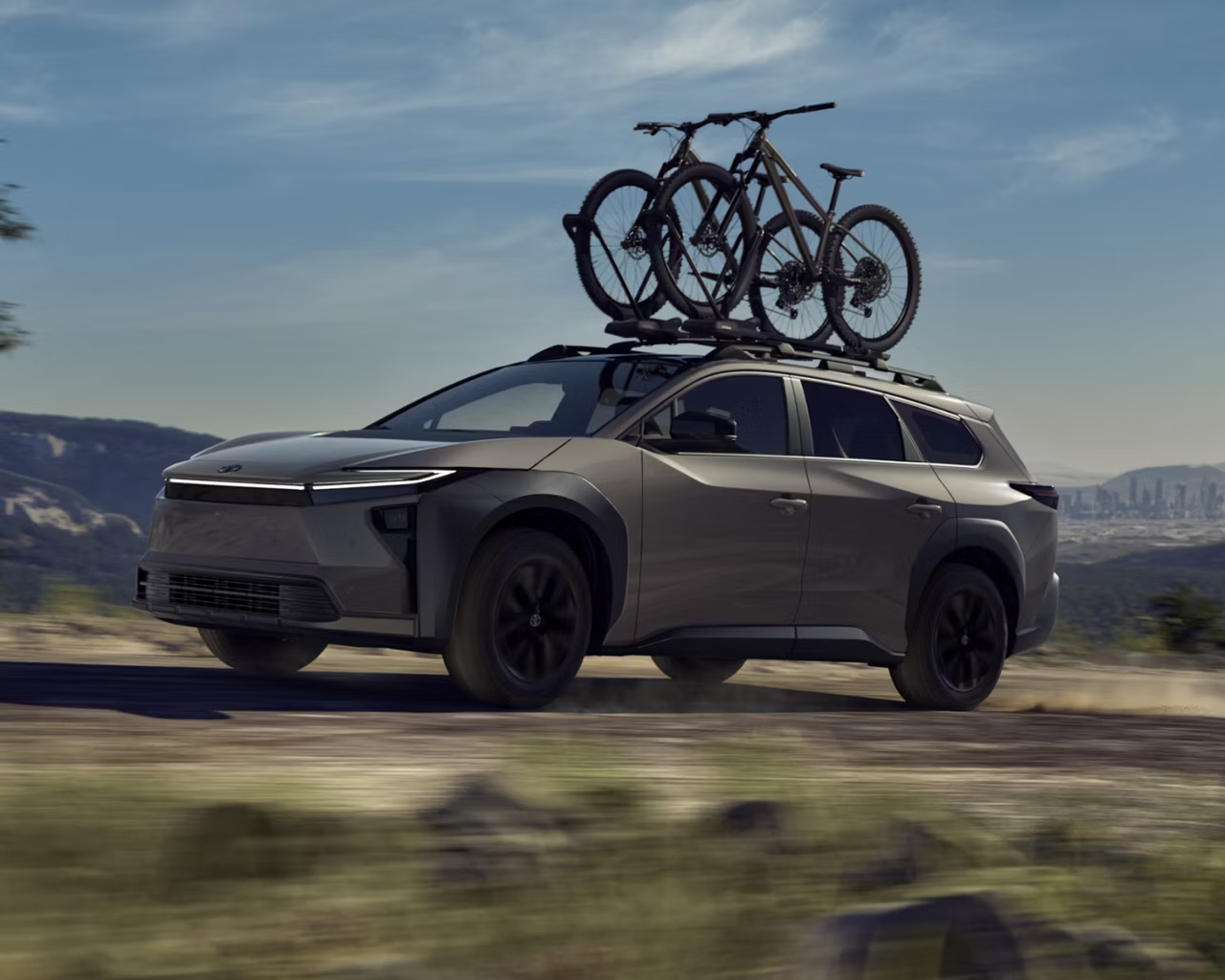Gas vs Electric Vehicles: How to Make the Right Choice?
Gas vs Electric Vehicles: How to Make the Right Choice?
Posted on November 5, 2025
Today, there are more electric vehicles on the road than ever before. And that may have you asking questions about the benefits of electric vehicles (EVs), how they are different from traditional gas vehicles, and even if an electrified car, SUV or truck is right for you. There’s a lot to unpack, but not to worry – West Coast Auto Group is going to help help answer some of these questions, and help bring clarity to the gas vs. electric debate.
Gas versus Electric: What is the Difference?
The main difference is that electric vehicles (EVs) run on electricity from batteries that power an electric motor, while for gas powered vehicles are provided by an internal combustion engine (ICE) that burns gasoline.
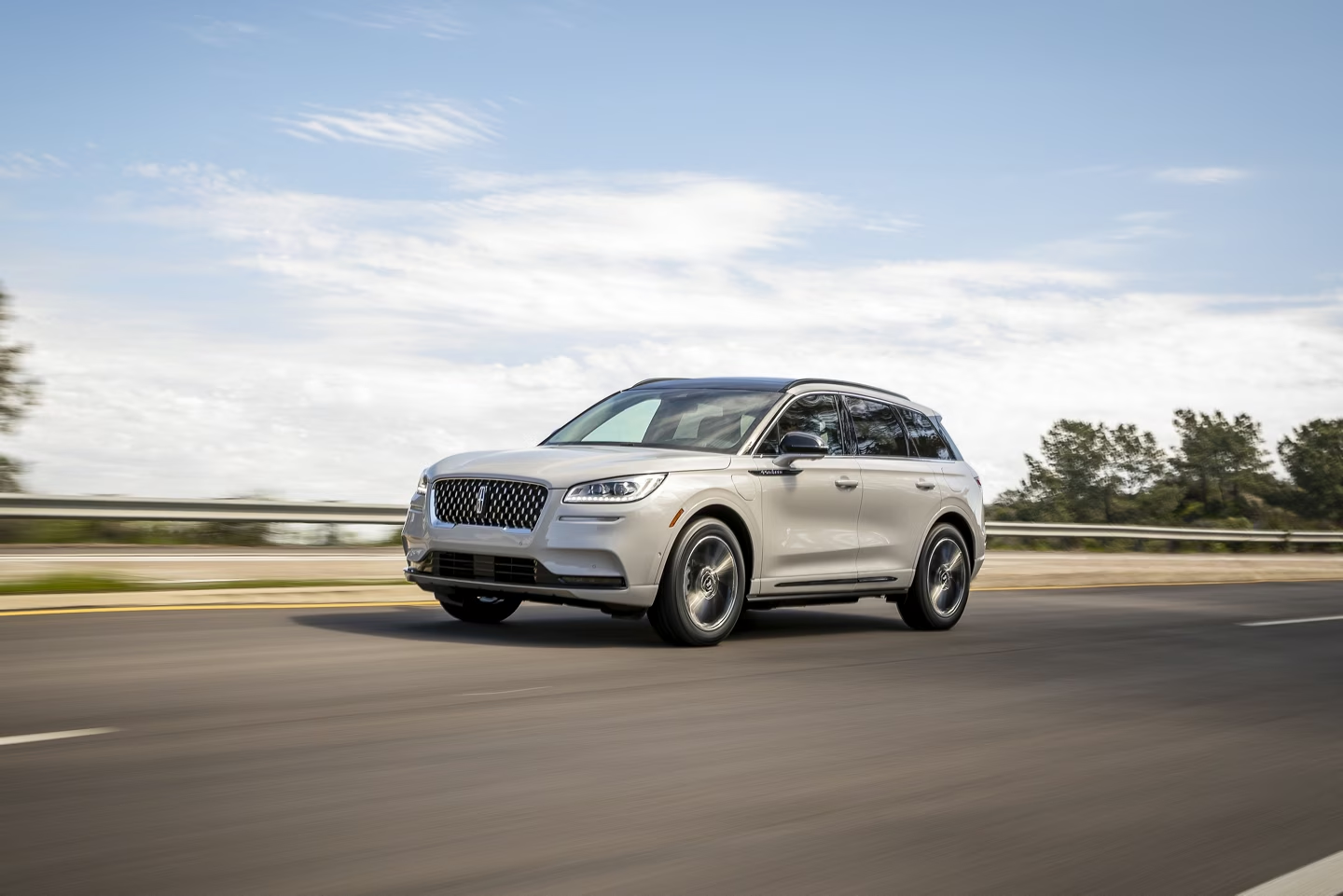
Overall, Electrified vehicles come in different types, but they all share one key feature: they get some or all of their power from an electrified source. Hybrids use both a gas engine and electric motor to power the vehicle, and they don’t need to be plugged in. Plug-in Hybrid Vehicles (PHEVs) are similar to hybrids, but have a larger battery that can be plugged in to charge, providing longer range and more power than hybrids. Battery Electric Vehicles run on electricity alone, and you must plug in the vehicle to charge it before you can drive.
Cost of Ownership
Often, electric vehicles may seem more expensive upfront, because the initial cost of an EV is typically higher than a similar gas-powered vehicle. However, EVs often wind up costing less in the long run. Electric vehicles may qualify for government rebates or incentives. But most importantly, EVs cost less to run that gas does. In fact, charging an electric vehicle can cost less than filling up a gas tank. So you actually salve kilometer after kilometer with electric.
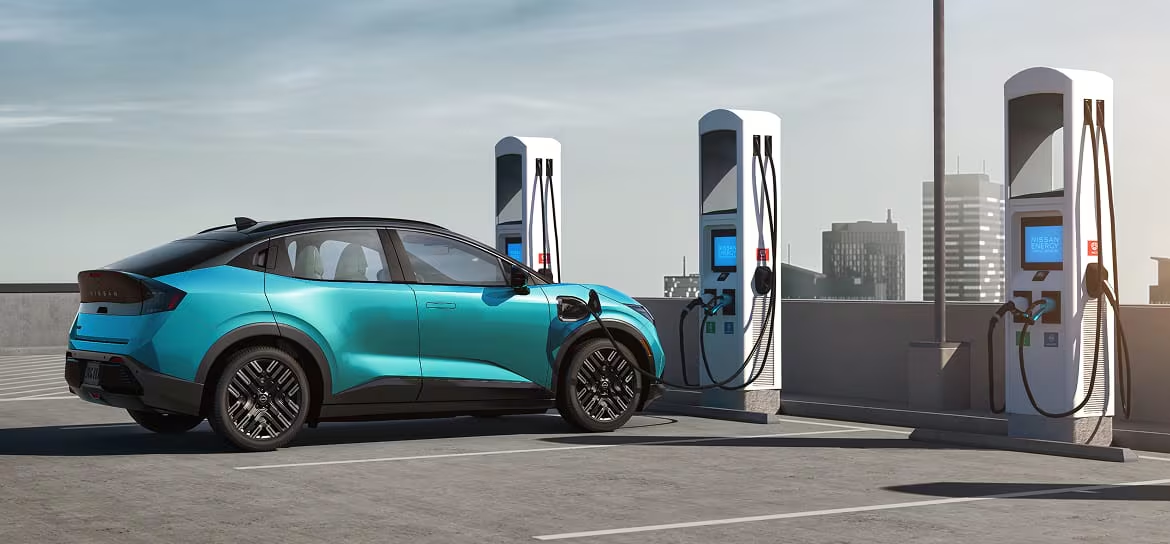
EV Charging vs Fueling
The main difference when it comes to comparing charging an EV vs fueling a gas vehicle is time, infrastructure and convenience.
Electric vehicles charging can have lower costs with additional home charging convenience: EVs can be charged at home, at work, or at public charging stations. How long it takes to charge will depend on the size of the battery and the speed or Level of charging point, ranging from an average of 30 minutes for fast charging to several hours for Level 2 charging. While charging can take longer than refueling a gas car, EVs can also be charged at home, taking advantage of lower electricity rates and overnight charging.
Gas vehicles benefit from widely available gas stations and re-fueling speed: They can be refueled in just a few minutes at gas stations that are widely available, making them ideal for long trips and quick re-fueling stops.
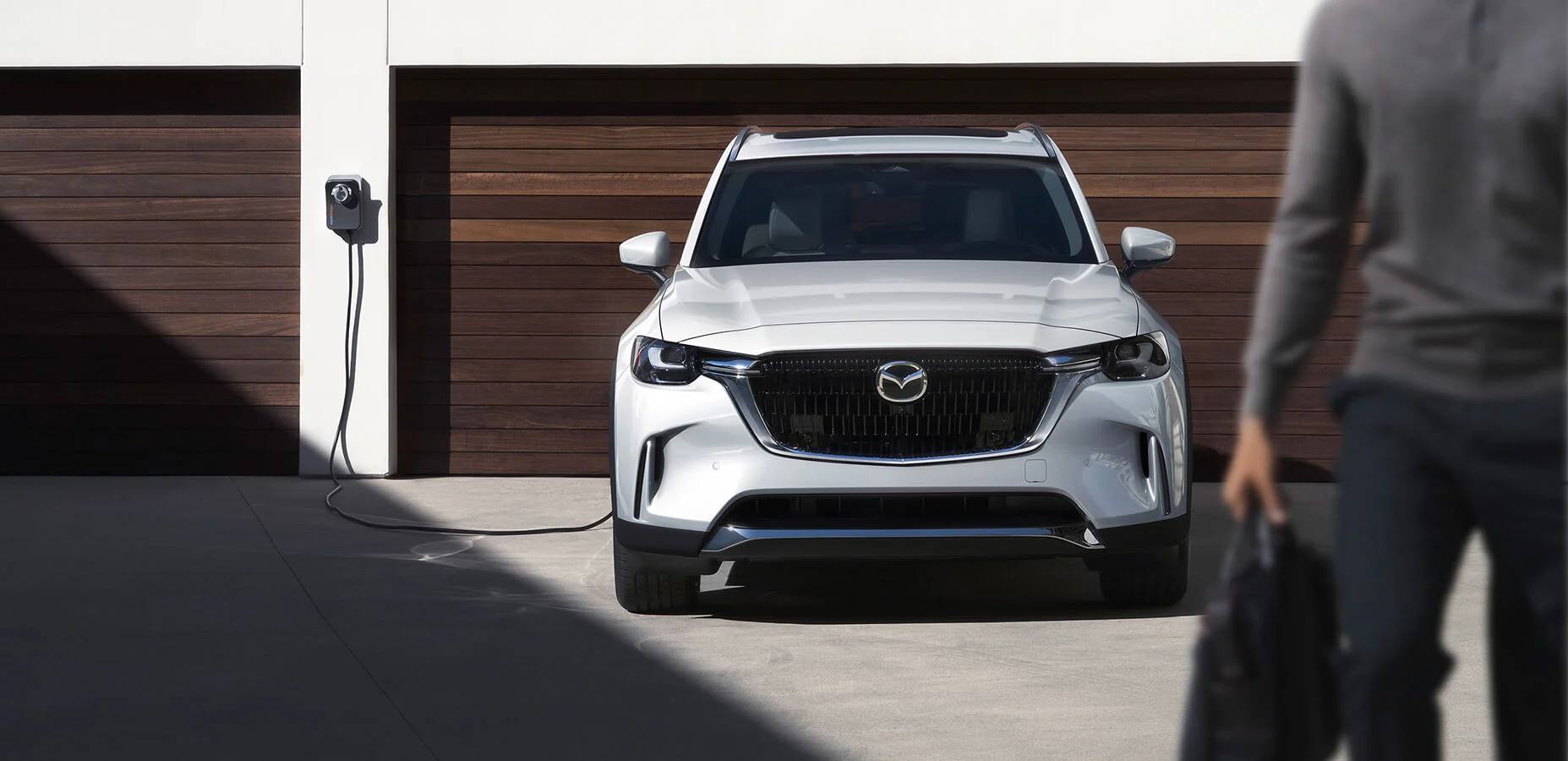
How do Maintenance Costs Compare?
Maintenance costs on electric vehicles are often lower than on similar gas models. EVs have fewer parts, requiring far less maintenance. EVs don’t require oil changes, spark plugs, or timing belts like gas powered vehicles do. Over time, that can add up to real savings. Not to mention, you’ll never see the oil light come on your dashboard ever again!
EV Driving Performance vs Gas
There’s a bit of a misconception that electric vehicles don’t have the performance of gas vehicles. Here are the facts: EVs offer instant torque for faster acceleration, smoother rides, and can even have better handling thanks to their lower centre of gravity. And indeed, many drivers find that they prefer the ride of an EV over gas.
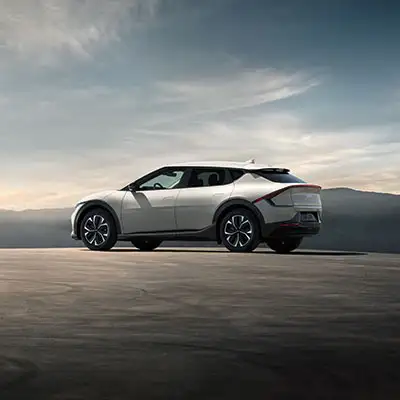
Can Electric Vehicles Tow?
As it turns out, EVs can pull their weight in more ways than one. Electric vehicles now have the power that lets them pull heavier loads than ever. Take the new 2026 Toyota bZ Woodland, available at West Coast Toyota, this electric SUV can haul up to 3,500 lbs. – meaning it can tow a camper trailer, livestock carrier, or larger rental moving trailers.
So… Which Type of Vehicle is Right For You, Gas or Electric?
Ultimately, that will come down to your own needs and preferences.
- Choose an EV if you want lower long-term costs, greener driving, and mostly drive predictable daily routes with access to charging stations.
- Choose a Gas vehicle if you need lower upfront cost, frequent long trips, or live where charging infrastructure is limited.
Electric vehicles are here to stay, and as you can see they have benefits that are hard to ignore. When you’re looking for your next vehicle, consider all the facts and then consider EVs, with its wide range of powertrain options that are available for every lifestyle. But don’t just take our word for it – book a test drive, or visit the West Coast Auto Group to build and price a New Electric Vehicle, and find out for yourself!
